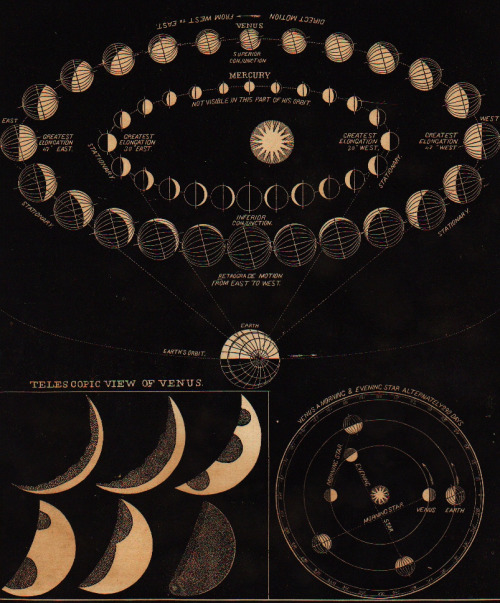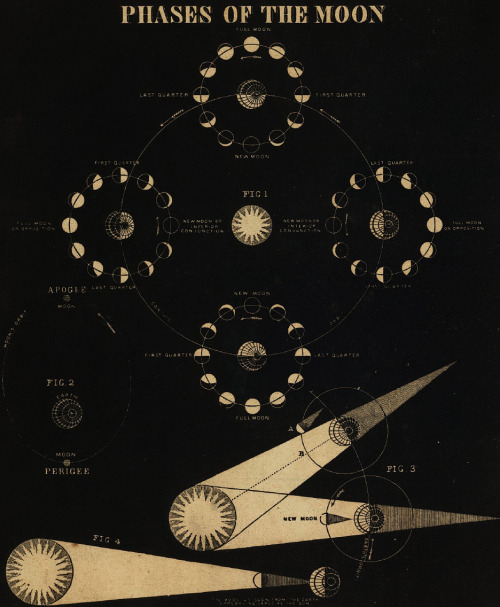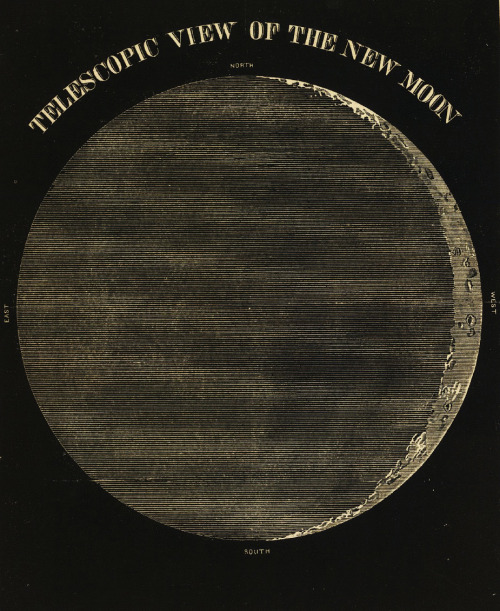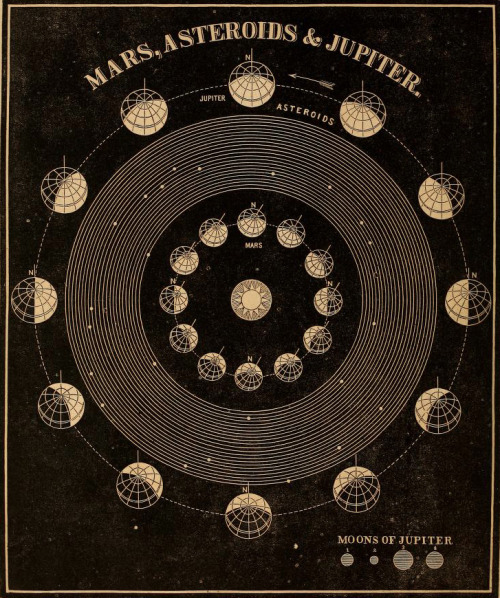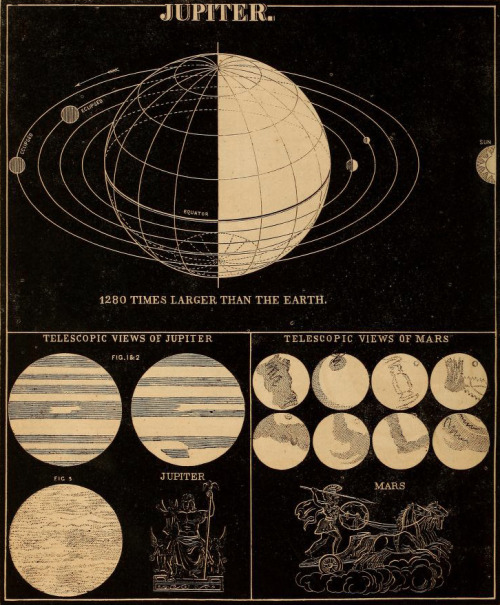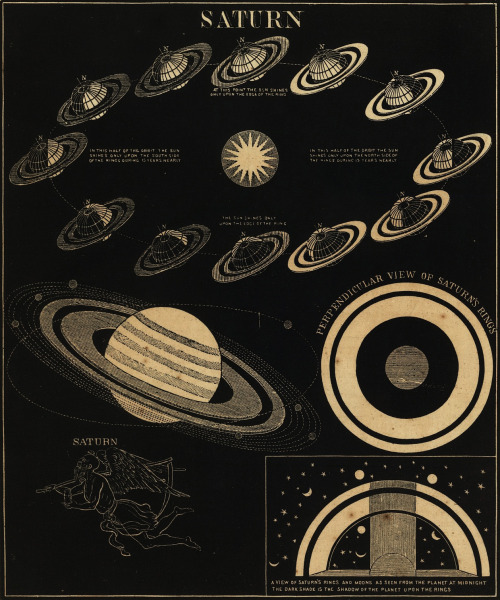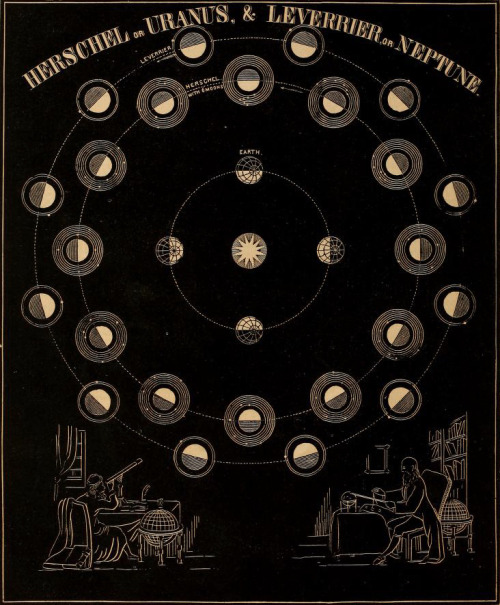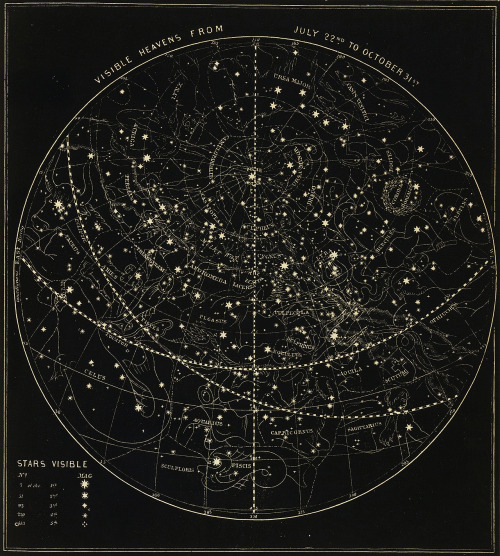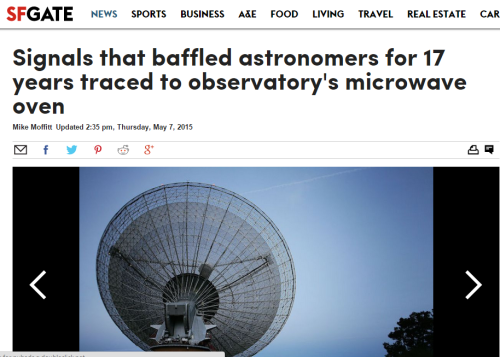Follow @the-future-now
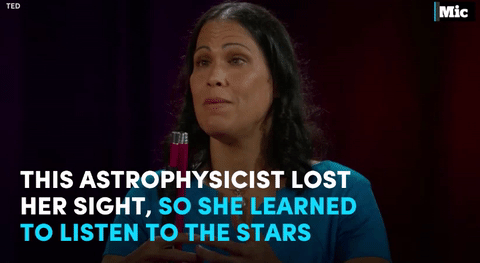


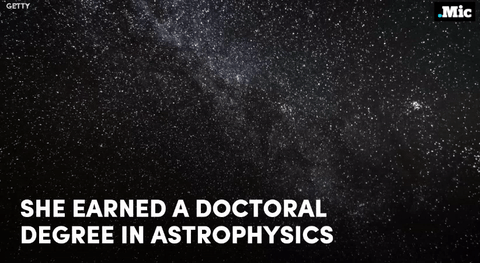
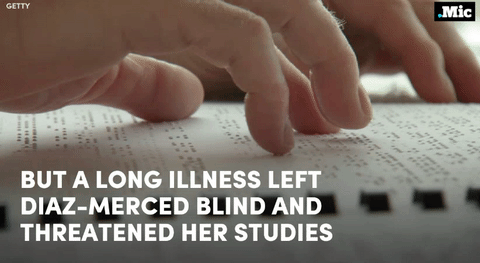

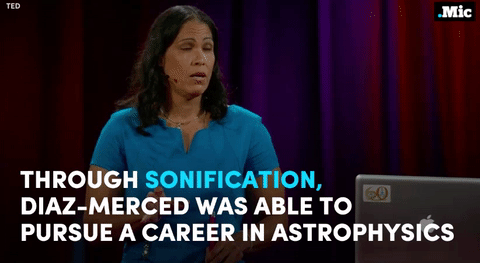




follow @the-future-now
More Posts from Fillthevoid-with-space and Others
I found a bizarre open-access, peer-review journal of STEM research. It was hard for me to find anything that pertained to astronomy or any of the stellar studies, but I did find a couple categories I could investigate:
Astrobiology
Astronomical Sciences
Spectroscopy (I didn’t see any astronomical spectroscopy stuff but who knows)
Just looking at the articles popping up suggests that it would take some serious digging to find anything (and I would certainly have to work on my keyword optimization techniques because typing ‘space’ into the search bar got me nothing relevant to my interests), but it’s a new potential resource! And for anyone who wants to find a way to publish in STEM fields, maybe it’s something worth checking out?

ASTROGENOUS
[adjective]
producing or creating stars.
Etymology: from Greek, from astron “star” + -genēs “born”.
[J. R. Slattum - Star Maker]
I still highly recommend this good, beautiful web comic about love in space, and now it's all done! You can read it all.




The final three chapters are up. Read it now.
That’s it folks, On A Sunbeam is over. Though I am pondering a sequel.
Thank you all so much for following along.

Light Echoes Used to Study Protoplanetary Disks : This illustration shows a star surrounded by a protoplanetary disk. A new study uses data from NASAs Spitzer Space Telescope and four ground-based telescopes to determine the distance from a star to the inner rim of its surrounding protoplanetary disk. Researchers used a method called photo-reverberation, also known as light echoes.
js

A teenager designed a pocket-sized satellite that will fly on a NASA mission
An 18-year-old created the world’s lightest functioning satellite, and it’s going to be launched on a real NASA mission next month.
Rifath Sharook, who is from Tamil Nadu, India, made the pocket-sized satellite for a competition called Cubes in Space, which is an international design challenge that asks students aged 11 to 18 to fit their space-worthy invention inside a 13-foot cube.
The pocket-sized 3-D printed satellite is much smaller than that. It weighs just 0.14 pounds and will measure the rotation, acceleration and magnetosphere of Earth, Sharook told Business Standard. Read more (5/17/17)
follow @the-future-now
Does an ecplispe cause any unusual effects on the Earth?
Yes, and this is one of the things we’re hoping to study more with this eclipse! If you are in totality, you’ll notice a significant temperature drop. We are also expecting to see changes in the Earth’s atmosphere and ionosphere. You can help us document these changes using the GLOBE Observer app https://www.globe.gov/globe-data/data-entry/globe-observer ! There are lots of great citizen science going on during this eclipse, and we’d love to have everyone here helping out! https://eclipse2017.nasa.gov/citizen-explorers
The Yutu rover suffered a mysterious “abnormality” over the weekend. And the robot’s microblogged death note may make you cry.
oh gosh!
-
 theherdofturtles liked this · 1 week ago
theherdofturtles liked this · 1 week ago -
 redeemedmillennial liked this · 1 week ago
redeemedmillennial liked this · 1 week ago -
 apenitentialprayer liked this · 2 weeks ago
apenitentialprayer liked this · 2 weeks ago -
 wolvenjay liked this · 2 weeks ago
wolvenjay liked this · 2 weeks ago -
 thelegendofsqam reblogged this · 2 weeks ago
thelegendofsqam reblogged this · 2 weeks ago -
 unconvenchinal-charm-reactivated reblogged this · 2 weeks ago
unconvenchinal-charm-reactivated reblogged this · 2 weeks ago -
 morningmask27 reblogged this · 1 month ago
morningmask27 reblogged this · 1 month ago -
 o2studies liked this · 1 month ago
o2studies liked this · 1 month ago -
 keys-home reblogged this · 1 month ago
keys-home reblogged this · 1 month ago -
 strawberry-muffin-crisis liked this · 1 month ago
strawberry-muffin-crisis liked this · 1 month ago -
 pumpkinpatch-kid reblogged this · 1 month ago
pumpkinpatch-kid reblogged this · 1 month ago -
 sillykittypaws liked this · 1 month ago
sillykittypaws liked this · 1 month ago -
 a-shower-of-roses reblogged this · 1 month ago
a-shower-of-roses reblogged this · 1 month ago -
 chompchain22 reblogged this · 1 month ago
chompchain22 reblogged this · 1 month ago -
 midknightsnack liked this · 1 month ago
midknightsnack liked this · 1 month ago -
 coldbrew-slut liked this · 1 month ago
coldbrew-slut liked this · 1 month ago -
 naanviolent reblogged this · 1 month ago
naanviolent reblogged this · 1 month ago -
 qualityblizzardcreation reblogged this · 2 months ago
qualityblizzardcreation reblogged this · 2 months ago -
 whistlesalot liked this · 2 months ago
whistlesalot liked this · 2 months ago -
 cavernofthewillowtree liked this · 2 months ago
cavernofthewillowtree liked this · 2 months ago -
 azorawing reblogged this · 2 months ago
azorawing reblogged this · 2 months ago -
 azorawing liked this · 2 months ago
azorawing liked this · 2 months ago -
 saladballad27 reblogged this · 2 months ago
saladballad27 reblogged this · 2 months ago -
 cupofcoca reblogged this · 2 months ago
cupofcoca reblogged this · 2 months ago -
 cupofcoca liked this · 2 months ago
cupofcoca liked this · 2 months ago -
 leenaisstudying liked this · 2 months ago
leenaisstudying liked this · 2 months ago -
 councillorenmagicked liked this · 2 months ago
councillorenmagicked liked this · 2 months ago -
 mouchiiarts reblogged this · 2 months ago
mouchiiarts reblogged this · 2 months ago -
 mouchiiarts liked this · 2 months ago
mouchiiarts liked this · 2 months ago -
 honeynebula reblogged this · 2 months ago
honeynebula reblogged this · 2 months ago -
 honeynebula liked this · 2 months ago
honeynebula liked this · 2 months ago -
 waitingforcatstotakeover liked this · 2 months ago
waitingforcatstotakeover liked this · 2 months ago -
 acemaii liked this · 2 months ago
acemaii liked this · 2 months ago -
 yuyanhere liked this · 2 months ago
yuyanhere liked this · 2 months ago -
 gerardwaygender reblogged this · 2 months ago
gerardwaygender reblogged this · 2 months ago -
 gothmuppetenthusiast reblogged this · 2 months ago
gothmuppetenthusiast reblogged this · 2 months ago -
 lawtism reblogged this · 2 months ago
lawtism reblogged this · 2 months ago -
 mylifeisjustaseriesofjokesonme reblogged this · 2 months ago
mylifeisjustaseriesofjokesonme reblogged this · 2 months ago -
 keys-home reblogged this · 2 months ago
keys-home reblogged this · 2 months ago -
 mylifeisjustaseriesofjokesonme liked this · 2 months ago
mylifeisjustaseriesofjokesonme liked this · 2 months ago -
 keys-home liked this · 2 months ago
keys-home liked this · 2 months ago -
 vertebratee liked this · 2 months ago
vertebratee liked this · 2 months ago -
 beangods reblogged this · 2 months ago
beangods reblogged this · 2 months ago -
 beangods liked this · 2 months ago
beangods liked this · 2 months ago
A podcast project to fill the space in my heart and my time that used to be filled with academic research. In 2018, that space gets filled with... MORE SPACE! Cheerfully researched, painstakingly edited, informal as hell, definitely worth everyone's time.
243 posts


